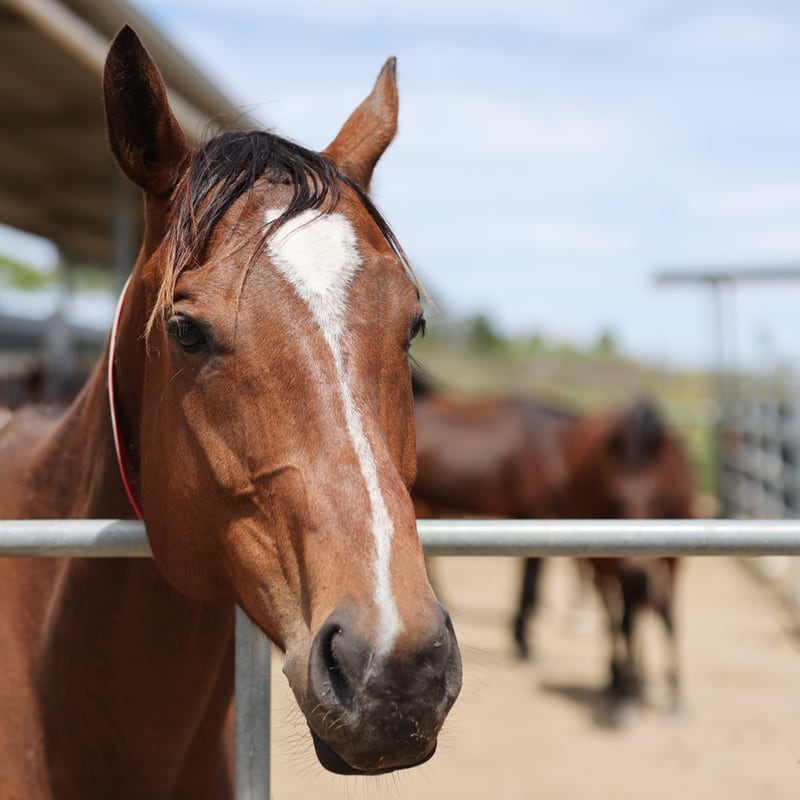Feeding Horses with Heart Conditions: A Comprehensive Guide

Caring for horses with heart conditions requires special attention to their diet to support cardiovascular health and overall well-being. This article explores the best feeding practices, nutritional considerations, and common challenges faced by horse owners managing equine heart disease.
Understanding Heart Conditions in Horses
Heart conditions in horses can range from mild murmurs to severe cardiac diseases such as arrhythmias, valve defects, or heart failure. These conditions affect the horse’s ability to pump blood efficiently, impacting oxygen delivery and energy levels.
Nutritional Goals for Horses with Heart Conditions
- Support cardiovascular function: Provide nutrients that promote heart health.
- Maintain ideal body weight: Avoid obesity or excessive weight loss.
- Manage electrolyte balance: Prevent imbalances that can exacerbate heart issues.
- Ensure adequate energy: Supply sufficient calories without overloading the heart.
Key Nutritional Components
| Nutrient | Role in Heart Health | Sources |
|---|---|---|
| Omega-3 Fatty Acids | Reduce inflammation and support heart rhythm | Flaxseed, fish oil supplements |
| Antioxidants | Protect heart tissue from oxidative stress | Vitamin E, selenium, fruits |
| Electrolytes | Maintain proper muscle and nerve function | Salt, potassium-rich feeds |
| Protein | Support muscle repair and immune function | Quality hay, legumes |
Feeding Strategies
- Frequent, small meals: Helps prevent digestive stress and supports steady energy levels.
- High-quality forage: Choose easily digestible hay to reduce cardiac workload.
- Limit high-sugar feeds: Avoid feeds that cause spikes in blood sugar and insulin.
- Supplement carefully: Use supplements under veterinary guidance.
Sample Feeding Schedule
| Time | Feed Type | Notes |
|---|---|---|
| Morning | High-quality hay | Soaked if necessary to reduce dust |
| Midday | Small grain mix | Low in starch and sugar |
| Evening | Forage and supplements | Include omega-3 and antioxidants |
Common Challenges and Solutions
- Poor appetite: Offer palatable feeds and consider appetite stimulants.
- Weight management: Monitor body condition regularly and adjust feed accordingly.
- Electrolyte imbalances: Provide salt blocks and electrolyte supplements as needed.
Frequently Asked Questions (FAQ)
Q1: Can horses with heart conditions eat grain?
A1: Yes, but grains should be low in starch and sugar to avoid stressing the heart.
Q2: Are there specific supplements recommended?
A2: Omega-3 fatty acids, antioxidants like vitamin E, and selenium are beneficial but should be used under veterinary advice.
Q3: How often should I feed a horse with a heart condition?
A3: Frequent small meals throughout the day help maintain energy without overloading the heart.
Proper nutrition plays a vital role in managing heart conditions in horses. By tailoring their diet to support cardiovascular health, horse owners can improve their animals’ quality of life and longevity.
